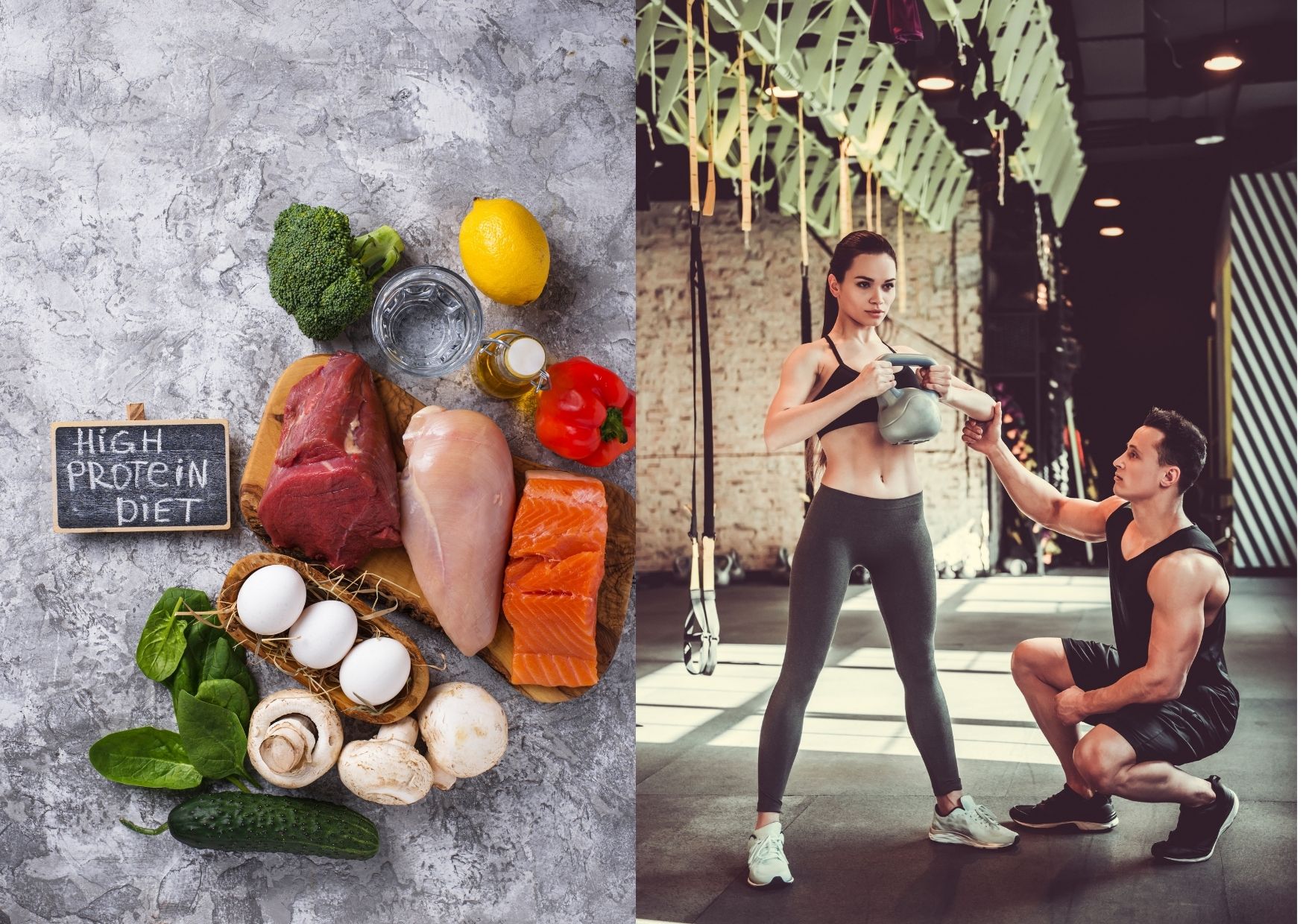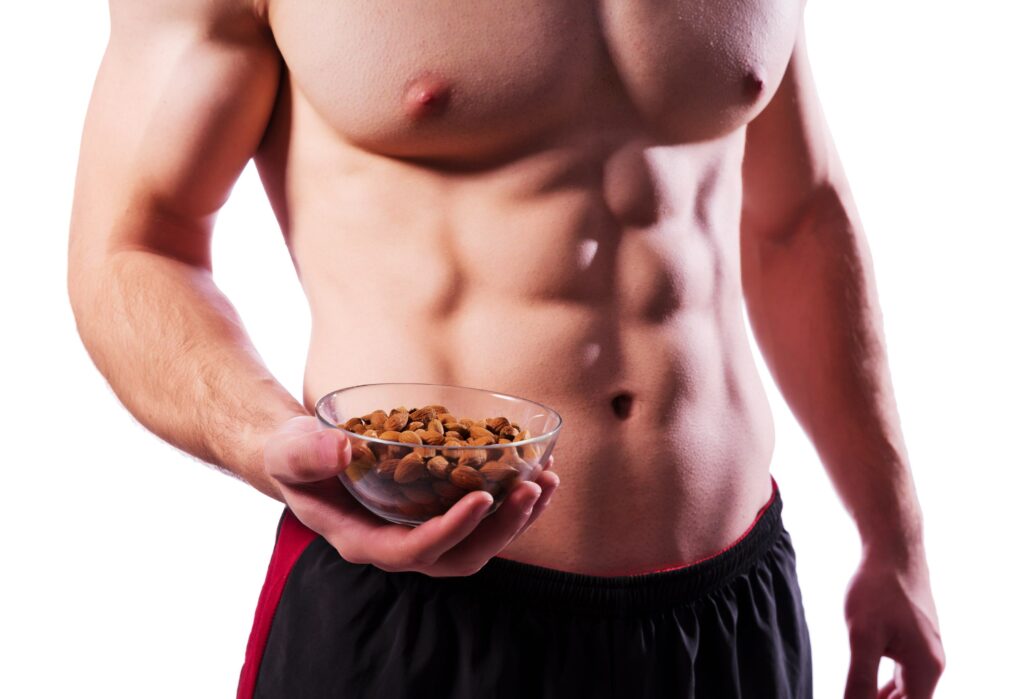The protein guide for optimal and effective muscle building

Proteins are real multi-talents and an integral part of a balanced diet. If you are an athlete and want to build muscle, you have an increased need. But what should I look out for, and which foods are particularly recommended? This little protein guide provides the answers.
Why proteins are so important for athletes
The word protein comes from Greek and translates as a priority. This describes the meaning of sports nutrition quite well. Proteins are fundamental building blocks for our body because they form every muscle and tendon framework. Skin, hair, and almost all other cells also need proteins. As a component of hormones and enzymes, they also regulate many essential metabolic processes.
This is how much protein athletes need
For a long time, the recommendation was that our body needs 0.8 grams of protein per kilogram of body weight. But in recent years, the latest findings have shown that the protein requirement of athletes is significantly higher:
- If you train frequently and intensively, it may be 1.6 to 2 grams per kilogram of body weight.
- Those who attach great importance to building muscle can even consume up to 2.8 grams per kilogram of body weight. But then you have to train really intensively.
Is the normal diet sufficient?
Due to the higher demand, the question naturally arises whether the regular everyday diet is sufficient? The answer is yes. However, it does require a little planning. You need high-quality protein sources for the individual meals. Here is a selection of particularly high-yield sources:
- Eggs, and preferably the whole egg
- Seafood and fish
- High quality meat and poultry
- Soy beans
- Food combinations like beans and rice
- Legumes
- Rice
- Nuts
Protein guide to biological value
When talking about protein, the term “biological value” inevitably comes up at some point. This value indicates how much of a food protein can be converted into body protein. For this, all nine essential amino acids must be present. The reference value is chicken egg protein, with a value of 100. Animal products usually have a very high value. But plant-based food combinations can have an even higher value. The combination of beans and rice, for example, has a value of 101. Here is a small protein guide:
- Soy protein: The biological value is 85. It is well tolerated and also very suitable as a snack.
- Milk protein (casein): The biological value is only 77, but the protein is absorbed slowly, which keeps you satiated longer. It is therefore well suited for weight loss.
- Hen’s egg: has a biological value of 100. Studies have shown that the whole egg is ideal. If you want to build up muscles and do without food supplements, you can hardly do without eggs.
- Whey protein: With a value of 104, it has a high biological value. The body absorbs it quickly, but it is less satiating. Ideal for after training.

What makes a protein high quality?
Of course, this protein guide also includes information on what makes a protein source high quality. But, again, digestion plays a decisive role here. Although digestion begins with chewing in the mouth, it starts in the stomach and then in the small intestine for proteins. In these two organs, acidic digestive juices break the enzymes down into individual amino acids. This is how they then either enter the bloodstream or are kept in an amino acid pool. Three things play an essential role in this:
- Digestibility: How well the body can digest the protein.
- Amino acid content: What is really in the protein.
- Metabolic function: How the body can use the amino acid present in the protein source.
Protein guide: What studies say
If you want to benefit optimally from protein, there are a few things to consider. Here is some information from scientific studies:
- Immediately after strength training, cow’s milk protein is better for building muscle than soy protein.
- It makes sense to consume protein with a high biological value both before and after strength training.
- A protein source with the amino acid leucine is vital. It has a positive effect on muscle protein synthesis. Cheese, soybeans, milk, tuna, and beef liver are rich in leucine.
The protein guide and the anabolic window
If you train intensively enough, this leads to a muscle-building stimulus. In the phase afterward, the body needs a certain amount of time to regenerate. The appropriate nutrients, especially a plus of protein, can help the muscle to grow. This phase is called the anabolic window. It is about 48 hours long. After that, a new stimulus should take place to achieve continuous training success.
1 thought on “The protein guide for optimal and effective muscle building”